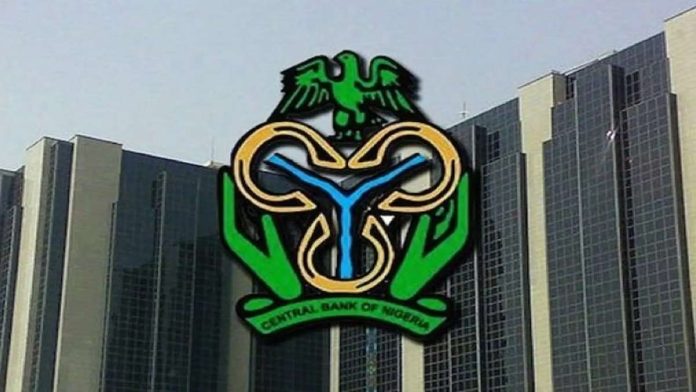Nigeria’s net domestic credit falls to N99.41 trillion in January 2025, marking a significant decline from N115.58 trillion recorded in November 2024, according to the latest Money and Credit Statistics report from the Central Bank of Nigeria (CBN).
The report highlights fluctuations in Nigeria’s domestic credit over the past year:
- November 2023: N85.35 trillion
- January 2024: N99.99 trillion
- November 2024: N115.58 trillion
- January 2025: N99.41 trillion
The sharp drop between November 2024 and January 2025 suggests a possible reduction in credit issuance, likely influenced by monetary policy adjustments, lower government borrowing, or cautious lending practices by financial institutions.
However, the absence of December 2024 data leaves a gap in assessing credit activities during the peak holiday spending period, making it unclear if the decline is a continuation of a previous trend or a seasonal correction.
While the CBN report does not specify reasons for the drop in net domestic credit, several factors could be responsible:
- Monetary Policy Adjustments: The CBN may have tightened lending policies to control inflation and stabilize the naira.
- Reduced Government Borrowing: Fiscal policy decisions and debt management strategies may have led to lower credit allocations to the public sector.
- Cautious Private Sector Borrowing: Businesses and individuals may be exercising caution due to economic uncertainties and high borrowing costs.
- Missing December 2024 Data: The unreported figures could provide further insights into whether the decline was gradual or a post-holiday market adjustment.
A decline in net domestic credit can lead to reduced liquidity, affecting investment, business expansion, and consumer spending. If the trend persists, industries dependent on credit financing may experience slower growth.
At the 299th Monetary Policy Committee (MPC) meeting, the CBN retains the benchmark interest rate at 27.50%.
Dr. Muda Yusuf, CEO of the Centre for Promotion of Private Enterprises (CPPE), notes that while keeping the rate steady prevents an immediate increase in borrowing costs, many businesses still struggle with high-interest rates nearing 30%.
“Maintaining the rate provides temporary relief for businesses already indebted to banks,” Yusuf explains. “However, the real concern is that interest rates remain too high, making loan repayments burdensome.”
He further emphasizes that businesses with existing loans have no choice but to continue repayments, while potential new borrowers may hold back due to the high cost of credit. Yusuf urges the CBN to consider lowering the Monetary Policy Rate (MPR) and Cash Reserve Ratio (CRR) in future meetings to ease credit constraints.
Net domestic credit measures the total credit provided by financial institutions to the economy, including loans to the private sector, public sector, and other accounts. Changes in this figure reflect the overall availability of credit, influencing economic activity, investment trends, and consumer confidence.













